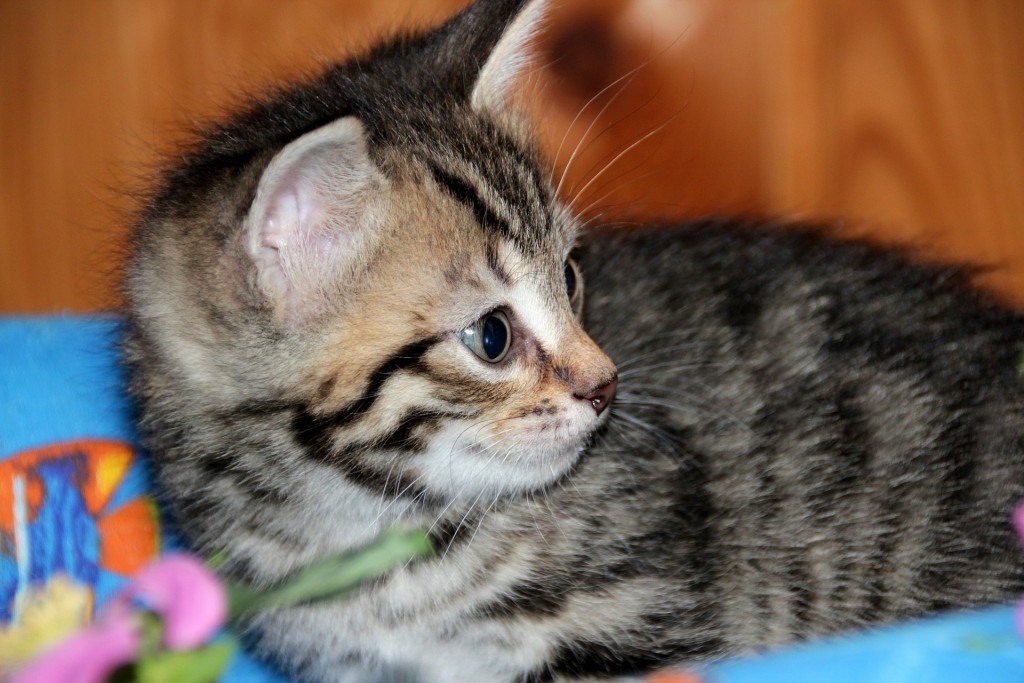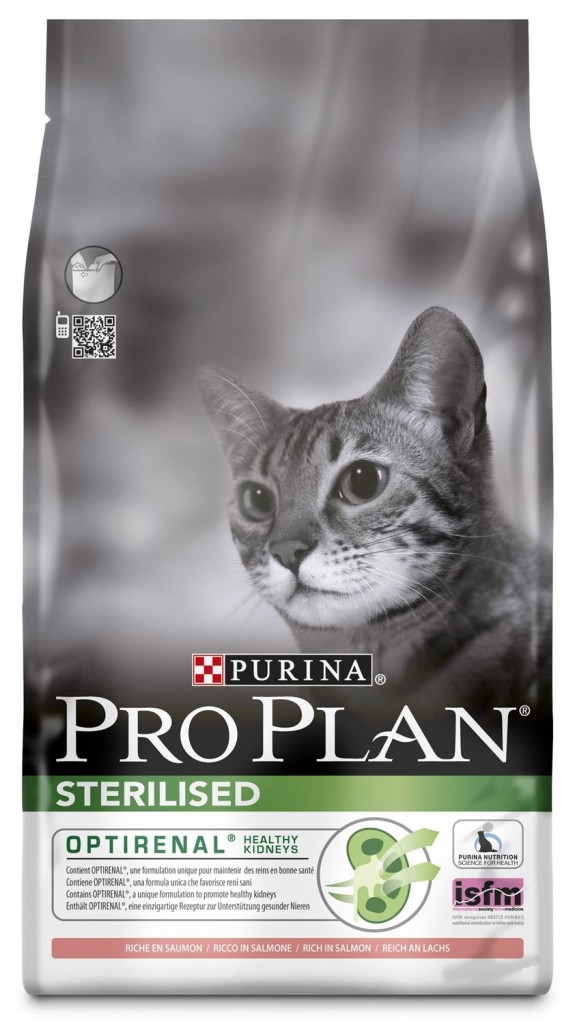£0.00 (0) Cart
 Almost every cat owner decides to neuter their cat at some point and figures suggest that upwards of 90% of cats in the UK are neutered. There are two key reasons that are attributed to this:
Almost every cat owner decides to neuter their cat at some point and figures suggest that upwards of 90% of cats in the UK are neutered. There are two key reasons that are attributed to this:What Are The Reasons For Neutering?
The main reason for cats to be neutered is to control the cat population. Cats are ready to mate from around the age of four months upwards and one study indicated an unneutered female cat can be responsible for anything up to 20,000 descendants in only five years, so it is vital they are neutered unless required for breeding purposes.
Neutering can also help reduce the prevalence of disease and illness, as well as increase the life expectancy of your pet. Neutered animals have a reduced risk of various cancers and are less susceptible to infectious diseases from unneutered animals. They will also be at reduced risk of other major illnesses.
When Does My Cat Need To Be Neutered?
General advice for pet owners is that cats should be neutered around the age of 5 – 6 months, as this is the age they reach sexual maturity. However, national charity Cats Protection has called for cats to be neutered earlier – at four months of age. They have said that cats can be sexually mature as early as this, so neutering is essential to avoid unwanted litters.
 What Do I Need To Do Before My Cat Is Neutered?
What Do I Need To Do Before My Cat Is Neutered?
There is not much that an owner needs to do before their cat gets sterilised. However, it is recommended that they are switched onto a suitable food just before they have the operation. Sterilised cats can easily put on weight if they are not fed the right diet, so it’s recommended that they are put on a new type of food around a week beforehand.
On the market today there are many cat foods specifically designed for sterilised cats, which tend to contain the right amount of energy and protein for muscle mass, and dietary fibres intended to make your cat feel full after eating.
The general advice is to make the switch gradually over the course of a week before the operation, ensuring your cat’s digestive system will be used to the food. Increasing the ratio of new to old as the operation gets closer will help smooth the transition.
Sterilised cat food is available for all cats; there is even sterilised kitten food for young cats and sterilised mature cat food for senior cats! This is because the nutritional requirements that the body of a neutered cat requires is so very different from that of an un-neutered one, and the alternative diet that they require will last their entire lives.
What Happens In The Neutering Process?
The process of neutering for both male and female cats is relatively straightforward and usually occurs without complications. The majority of cats will recover extremely quickly and often go home on the same day as the operation.
Female cats will be put under anaesthetic and then an incision will be made on the side or stomach. The vet will then remove both the uterus and ovaries, and close up with stitches. Male cats will have both testicles removed through the scrotum – sometimes this can be sewn up although sometimes the incisions are so small they are left to heal on their own.
What Do I Need To Do After My Cat Is Neutered?
Immediately after your cat has been neutered they will need a degree of rest – they have undergone an operation after all. You should have introduced a slightly different diet before the operation and it’s important to continue this now. A cat’s energy levels will drop after they have been neutered and they cannot regulate their dietary requirements as well, meaning they can easily put on weight.
By sticking to a regulated diet, your cat should be able to maintain a healthy weight and lifestyle. It’s also important for them to have plenty of fresh water to keep the urinary system in top condition. Once your cat’s surgical wounds have healed, many vets and specialists will also recommend you play with them more to keep them active.